In 2024 the climate crisis bends Italian beekeeping
The production decline is between 75% and 90%. 2023 is one of the worst years on record. Because of climate change, bees are likely to starve.
Sangaspano is committed to doubling the number of bees in the company. Bees are critical to our ecosystem. The bee buzzes in the flowering fields to make nectar stocks and thus contributes to pollination.
Over two-thirds of the world's agricultural species, including fruits, vegetables, and oilseeds, depend on this activity. If there are no longer the cycles of the seasons, nature fails to take its course as it has always done.
And if there are no flowers, the bees risk starving.
The SOUTH suffers from drought and fires start again, the north of Italy is destroyed by floods, tornadoes and hail rivers. This year the heat first, the frosts in several areas then, have compromised most of the spring honeys such as dandelion and locust.
In some regions, acacia has hit negative peaks of up to 90%. Especially in the South this year, after many months of drought, when the bees went to visit the spring flowers did not find nectar. We Sangaspano, with the help of Giacomo beekeeper of Emanumiele, we have committed to double the bees present in the company.
Always in the orange grove of Pace del Mela there are numerous hives that produce an excellent and natural millefiori honey and orange. From this year also in the lemon grove of Milazzo, Giacomo has placed the hives and with the first orange blossom the bees are benefiting from the flowering. We try to ensure the best possible habitat for bees by not using chemical treatments on the leaves and trees. We are committed to providing bees with the best conditions to continue their extraordinary work.
Related posts
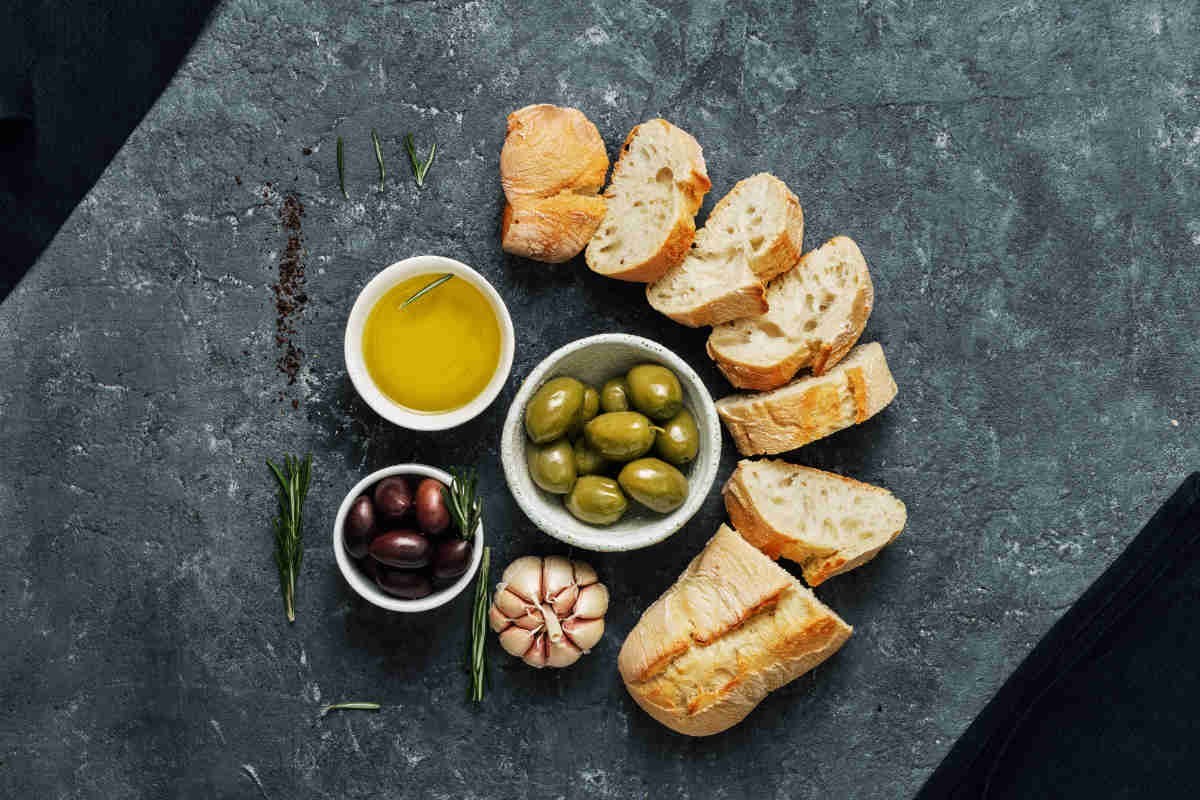 ambience
Discovering olive oil: properties and benefits
ambience
Discovering olive oil: properties and benefits
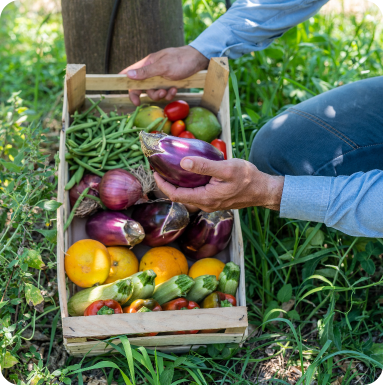 ambience
Sangaspano adopts an organic, sustainable and biodynamic agriculture
ambience
Sangaspano adopts an organic, sustainable and biodynamic agriculture
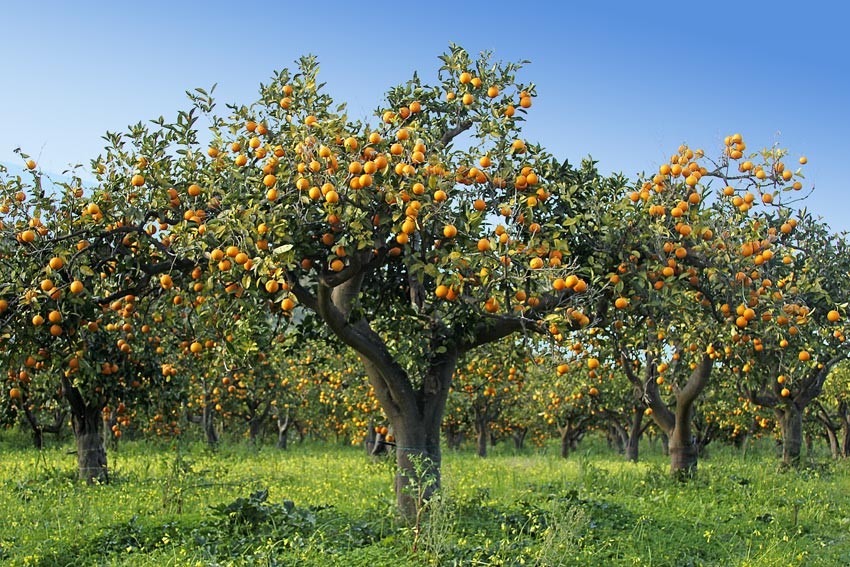 ambience
IN ITALY GOODBYE TO OVER 20 MILLION CITRUS TREES!
ambience
IN ITALY GOODBYE TO OVER 20 MILLION CITRUS TREES!
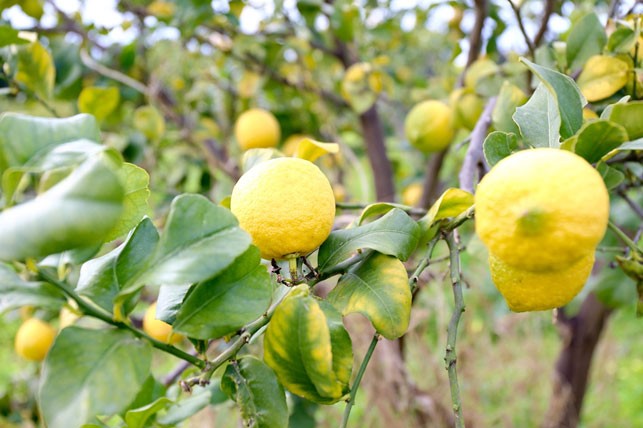 ambience
Wellness
Topical
Goodbye Italian lemons. The yellow fruits at risk, in 30 years decreased production by 40%.
ambience
Wellness
Topical
Goodbye Italian lemons. The yellow fruits at risk, in 30 years decreased production by 40%.
 ambience
Wellness
Topical
Planting new trees can help us fight the global boil. Greenery around a building can reduce air conditioning by 50%.
ambience
Wellness
Topical
Planting new trees can help us fight the global boil. Greenery around a building can reduce air conditioning by 50%.




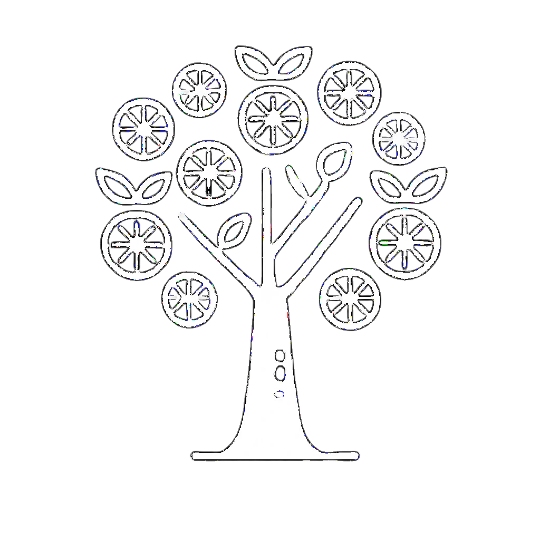












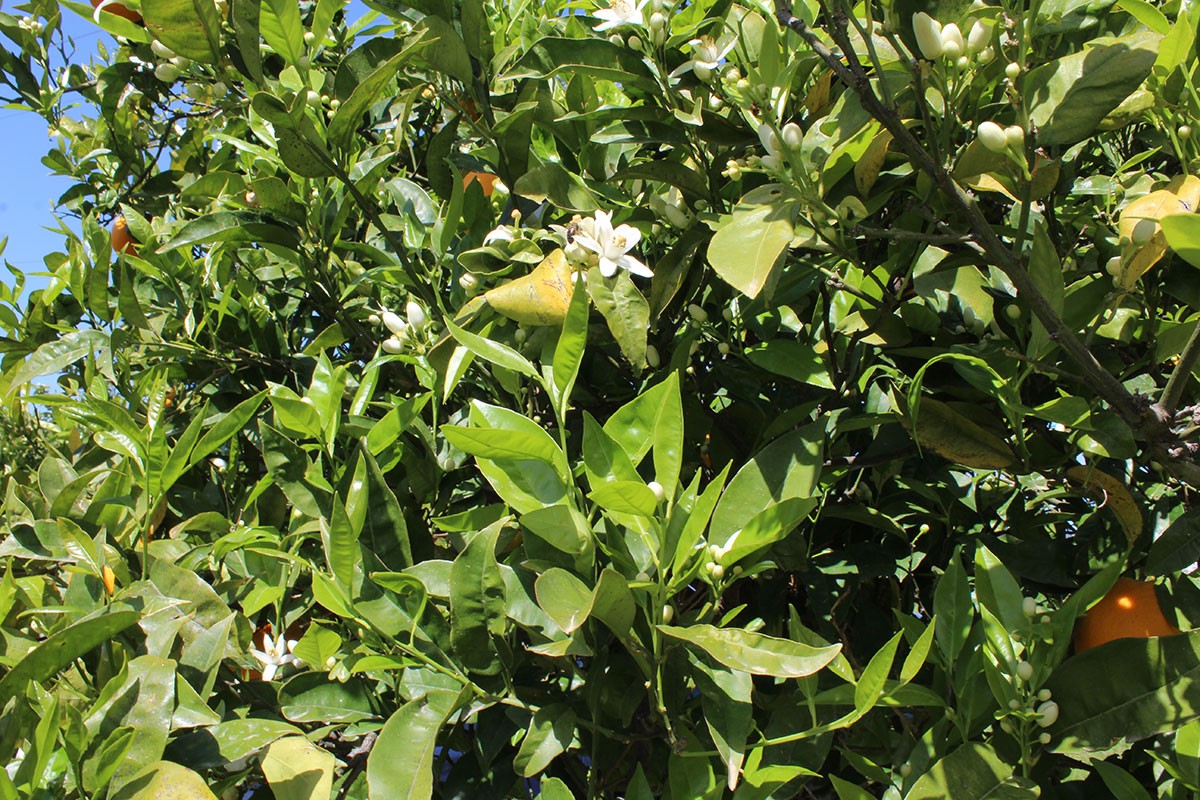






Leave a comment